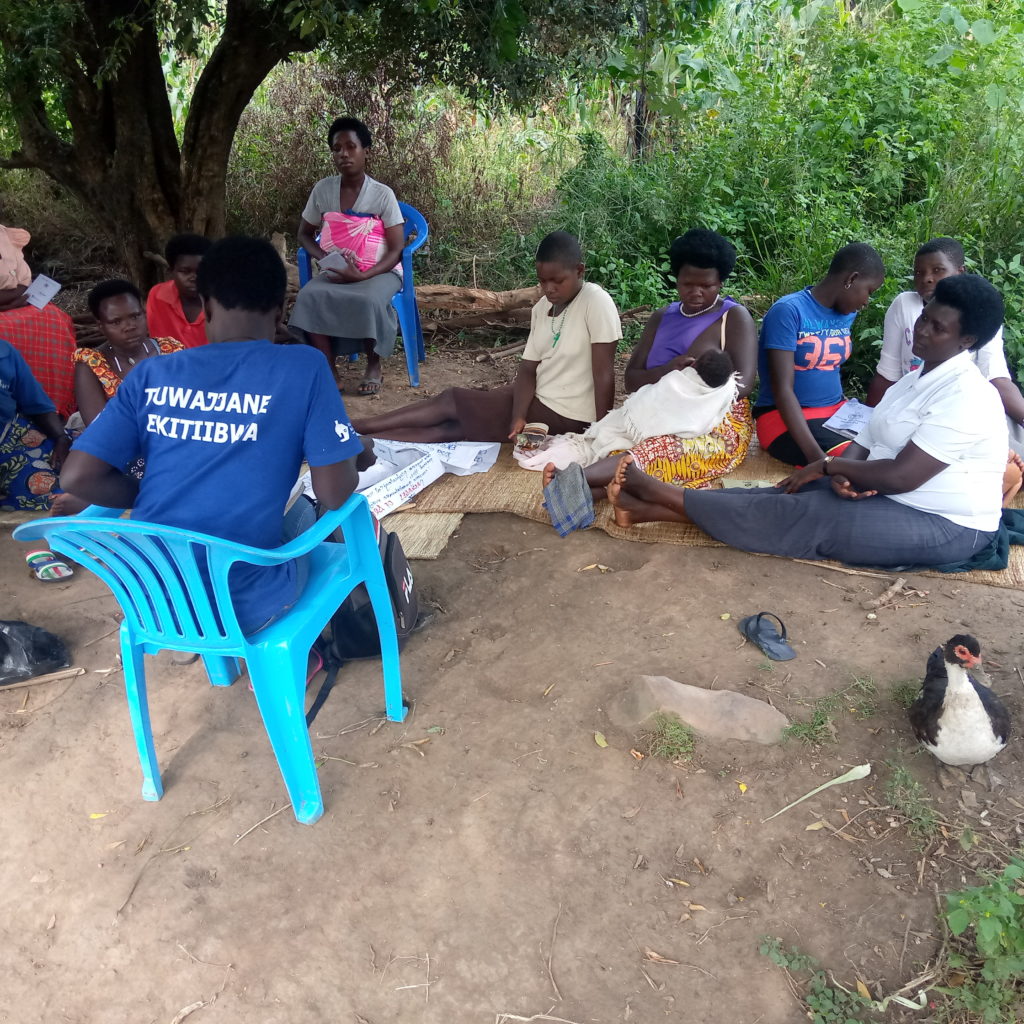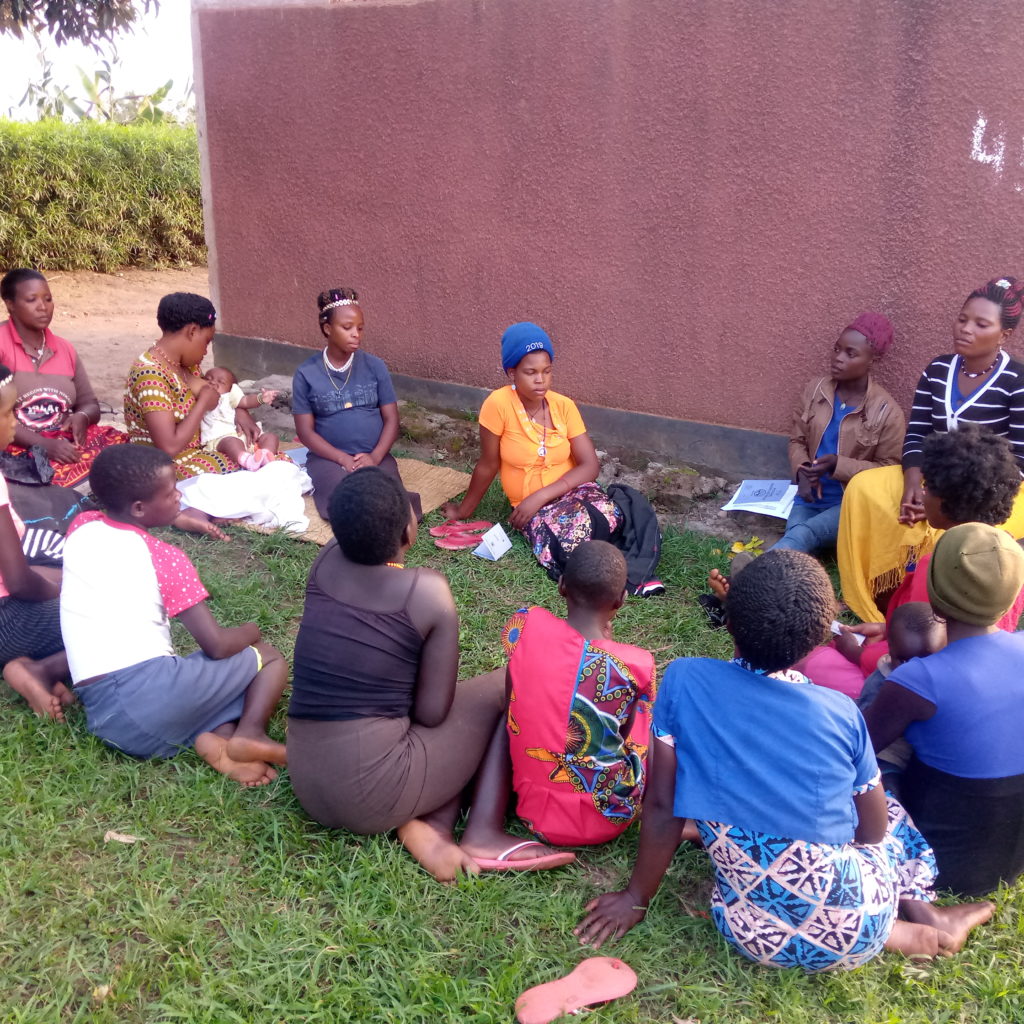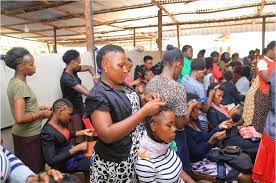Uganda
Education, Empowering Women, Human Trafficking, Job Training
$27,711 Goal
The Situation
The root cause is the increased vulnerability of young girls created by the two pandemic lockdowns over the past 23 months. The young girls were affected in many different ways: some became pregnant and these pregnant girls/young mothers had to drop out of school. This resulted in increased vulnerability in the economic sphere. They need job training and skills, financial literacy, and psychosocial support. The mission of the program is about the socio-economic transformation of rural young school girls affected by the pandemic.
Sisters’ Response
Sister Nalugwa Clotilda and the Bannabikira (Daughters of Mary) Sisters will operate the program, using a vocational skills and apprenticeship education approach for people already out of formal education in fields like tailoring, elementary mechanics (motorcycle repairers), and salon dressers within their communities will be used to train them in six months. In addition to project management, the Sisters will monitor, assess and evaluate the progress of the students and the success of the program. Written progress reports will be sent to the funders.
Funds Needed
$27,714
How Funds Will be Used
The sewing machines, hairdressing equipment, and mechanical tools which will be purchased from the funds provided by donors will help the vulnerable girls to continue earning a living for sustainable development and saving for the future. The project beneficiaries will train other vulnerable girls in tailoring and hairdressing in order to meet the donors’ objectives of helping communities thrive and employing the vulnerable youth in rural marginalized. More than 100 vulnerable girls will be trained by the beneficiaries supported by the donors. Funds will also be used to provide multiple training venues, pay trainers and support personnel, and provide space for the newly-trained young women to start their income-generating businesses.
Systemic Impact
Educating these women allows them to make a living and provide for their children, giving them an opportunity to grow in a healthier environment and not one of poverty. The beneficiaries’ training over women in need allows their community to strive.



